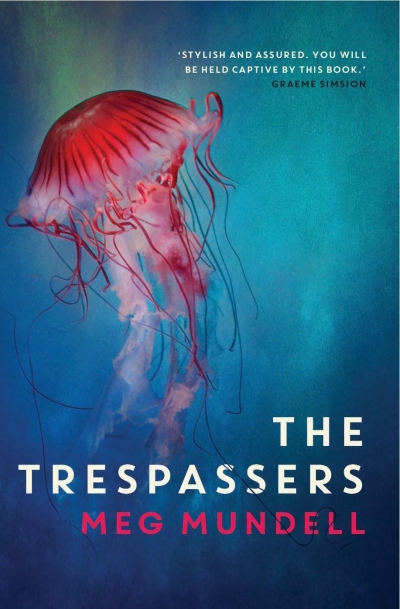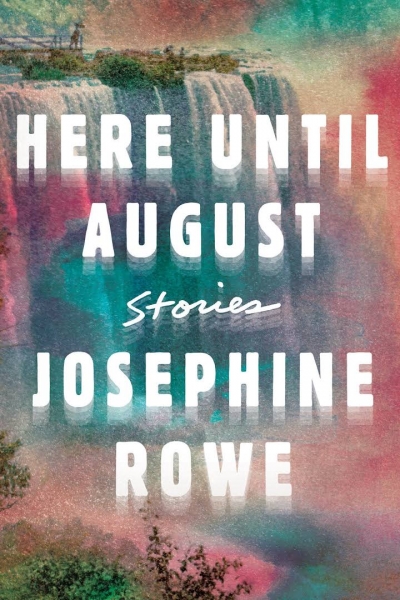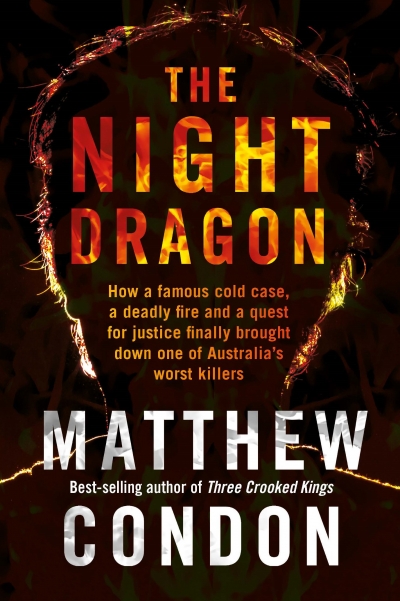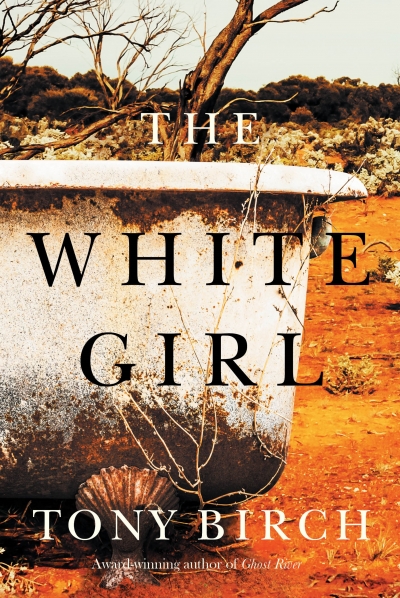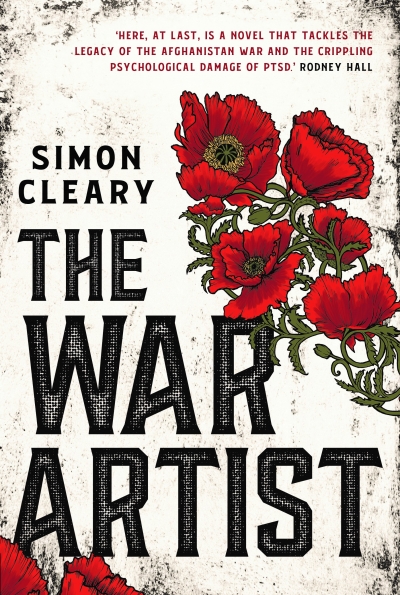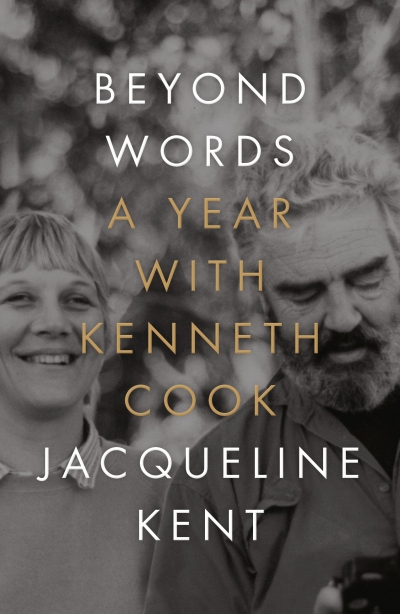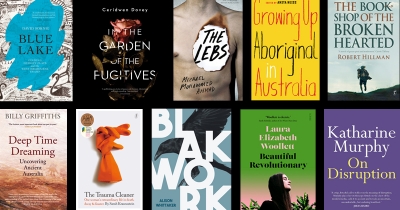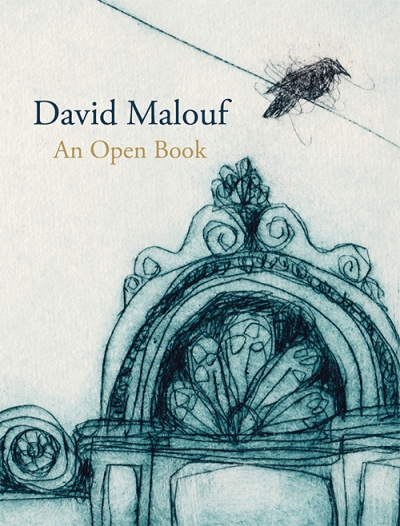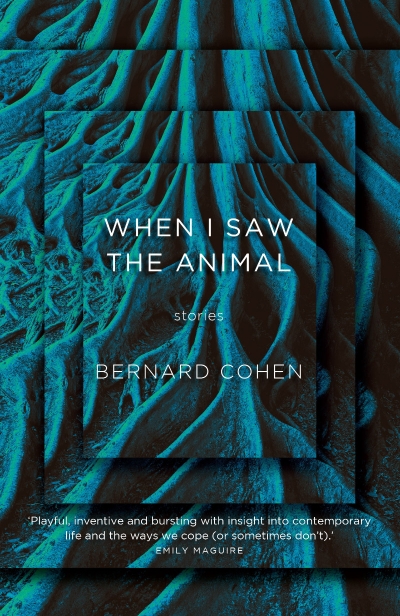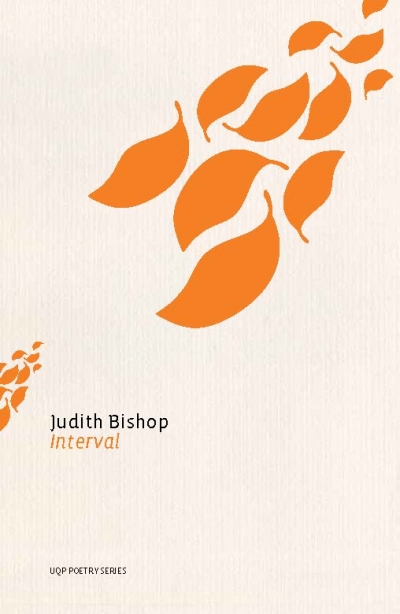As the ship carrying nine-year-old Cleary Sullivan and his mother, Cate, sets sail from Liverpool, there is a ‘flurry’ among the passengers. A ‘violent slash of red; tall as a house and shining wet’ has appeared on the dock, visible only to those onboard. Cleary’s mind fills with images of ‘some diabolical creature of the deep, blood erupting from its mouth’. The reality is more prosaic – some spilt paint – but it is an ominous beginning.
Like Meg Mundell’s début, Black Glass (2011), The Trespassers takes place in an unforgiving near-future. Cleary is one of more than three hundred masked passengers escaping a pandemic-riven United Kingdom. Their passage to Australia has been arranged through the ‘Balanced Industries Migration’ scheme, indentured servitude in all but name. The old-fashioned mode of transport and technological restrictions imposed on the passengers, combined with sailors casually shooting down drones, and terms like ‘shippers’, ‘sanning’, and ‘the stream’, give the novel an almost timeless quality, though its concerns are very much of the moment.
...
(read more)

